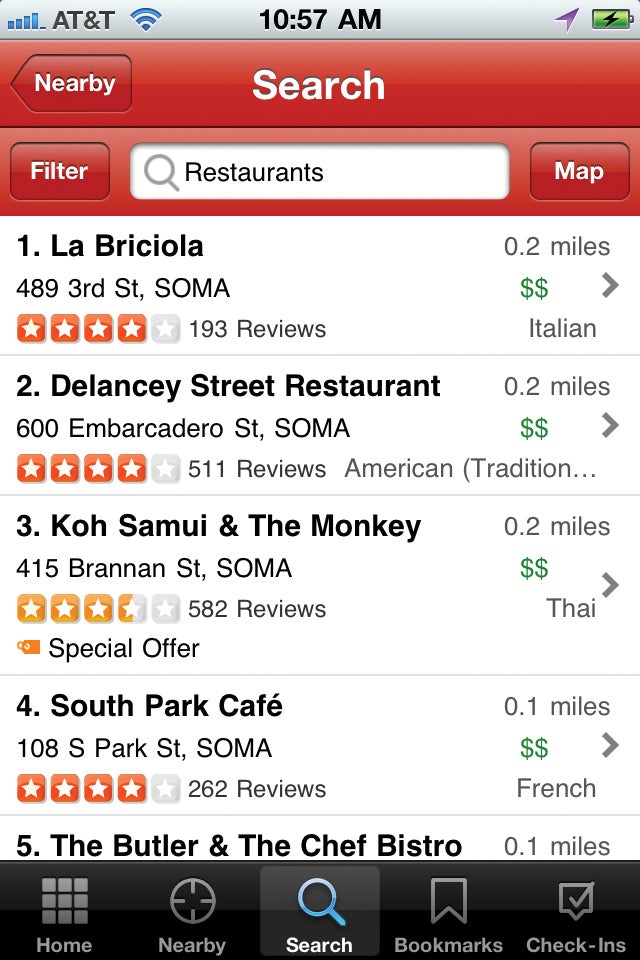List of 3 most dangerous website you should not visit
@benjtalkshow.blogspot.com

And it's very simple to hide malware or scams behind shortened URLs. A shortened link that supposedly points to the latest Internet trend-du-jour may be a Trojan horse in disguise.
If You Have to Go There: Simply don't click links. Of course, that takes some of the fun out of Twitter. The other option is to use a Twitter client app. TweetDeck and Tweetie for Mac have preview features that let you see the full URL before you go to the site in question.
Some link-shortening services, such as Bit.ly, attempt to filter out malicious links, but it seems to be a manual process, not an automatic one. TinyURL has a preview service you can turn on.
Threat 3 >> E-mail scams or attachments that get you to install malware or give up personal info
The Place: Your e-mail inbox

If You Have to Go There: Don't trust anything in your inbox. Instead of clicking on links in a retailer's e-mail, go directly to the retailer's site.
Threat 4 >> Malware hiding in video, music, or software downloads
The Place: Torrent sites


Ben Edelman, privacy researcher and assistant professor at Harvard Business School, thinks torrent sites are the most dangerous places to visit, since they don't have a business model or reputation to defend (by comparison, many porn sites rely on being deemed trustworthy). "The [torrent] customers, they really don't want to pay," he says.
If You Have to Go There: It's probably best to avoid torrent sites entirely, given their untrustworthy content, but if you must visit, use a secondary PC to protect your main system. Use antivirus software, and keep it updated. Scan downloaded files and wait a couple of days before opening them. Brand-new malware can be tricky to catch, but the delay in opening may allow your antivirus software to get the necessary signatures.
Threat 5 >> Malware in photos or videos of scantily clad women
The Place: ‘Legitimate' porn sites

And as mentioned earlier, many porn sites operate as actual, legitimate businesses that want to attract and retain customers. That said, it may be hard to tell the "legit" porn sites from malware-hosting sites that use porn as a lure.
If You Have to Go There: Be suspicious of video downloads, or sites that require you to install video codecs to view videos (see the next threat, below). Using tools like AVG's LinkScanner and McAfee's SiteAdvisor (or SiteAdvisor for Firefox) can help you weed out the malicious sites.
LATEST REVIEWS
And, again, consider visiting such sites on a secondary machine. You don't want your browser history on the family PC.
Threat 6 >> Trojan horses disguised as video codecs, infecting your PC with malware
The Place: Video download sites, peer-to-peer networks

If You Have to Go There: Your safest option is to stick with well-known video sites such as YouTube and Vimeo. And for catching up on the latest episodes of your favorite TV shows, sites and services like Hulu, TV.com, ABC.com, and iTunes are safer than peer-to-peer networks.
Threat 7 >> Geolocation--your smartphone and perhaps other parties know where you are
The Place: Your smartphone


If You Have to Go There: Be particular about the location-based sites, apps, and services that you use. As shown in the screenshot at right services such as Yelp provide good examples of useful location-aware apps. On the other hand, weigh the privacy implications of services like FourSquare or the new Facebook Places feature, a











0 comments:
Post a Comment